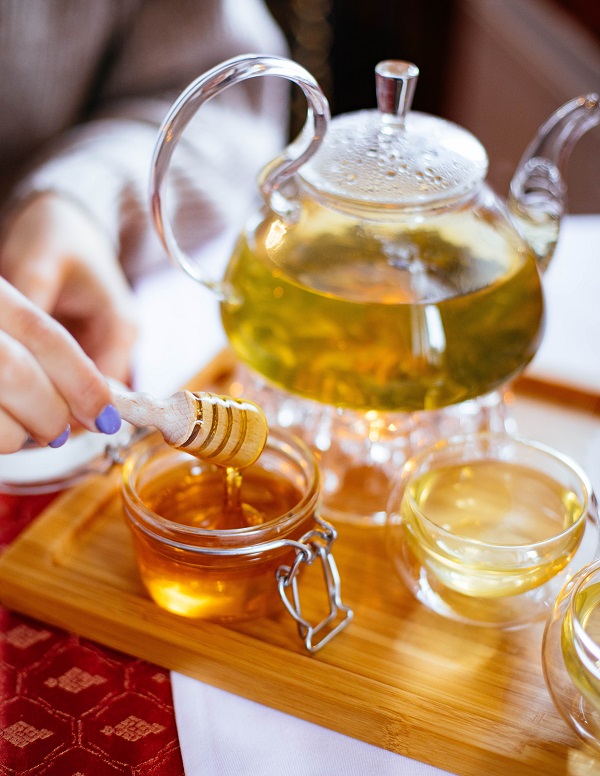

These days, viral fever is a prevalent illness that affects both adults and children. One of the risk factors for viral fever during this season is the shift in the climate. Most airborne infections, which we contract through the air we breathe and can potentially spread from an infected person, are what cause viral fever. Humans are vulnerable to a variety of viral illnesses, including the common cold and the flu. The most typical sign of many viral infections is a mild fever or low-grade fever. Do not worry; a mild viral fever can be well treated at home with a well-balanced diet that includes many comforting foods, plenty of drinks, and appropriate rest. In addition to this, Mother Nature has bestowed upon us a wide variety of herbs that function as a wonderful natural cure for treating viral fever. To treat low-grade viral fever, though, try some of these all-natural treatments if the fever doesn’t go away right away.
Honey Ginger Tea
Ginger’s extraordinary ability to relieve pain and lessen the symptoms of viral fever is made possible by its significant anti-inflammatory, antioxidant, and analgesic capabilities. Strong antibacterial qualities in honey help treat coughs and reduce the severity of infections. To relieve viral fever, steep one teaspoon of grated ginger in a cup of water for two to five minutes. Strain the mixture, then add one teaspoon of honey.